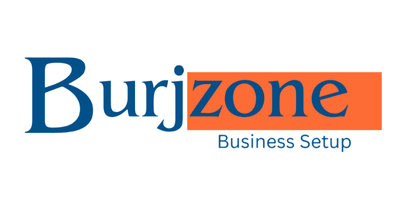Our Blog
Home / Blog
Tax Compliance for Logistics & Trading Firms in Jebel Ali Free Zone
The Jebel Ali Free Zone (JAFZA) in Dubai is a key hub for logistics and trading companies operating in the UAE. With the implementation of the UAE Corporate Tax and VAT regulations in 2025, businesses in JAFZA must understand their tax compliance obligations to avoid penalties and maximize benefits.
This article provides an overview of tax compliance requirements specifically for logistics and trading firms in Jebel Ali Free Zone, Dubai, as well as implications for businesses across other emirates like Abu Dhabi and Sharjah.
1. Understanding JAFZA’s Tax Status
While JAFZA companies benefit from various incentives, including customs exemptions and corporate tax holidays, they are still subject to UAE’s VAT and Corporate Tax laws unless specific exemptions apply. Tax rules may vary depending on business activities and licensing.
2. Corporate Tax Compliance
Logistics and trading firms must assess whether they meet the taxable income threshold (AED 375,000) for corporate tax liability.
Group companies operating within JAFZA and mainland Dubai may consider forming a tax group to consolidate tax filings.
Proper accounting records must be maintained to accurately report taxable income.
3. VAT Obligations
VAT registration is mandatory if the firm’s taxable supplies and imports exceed AED 375,000 annually.
Businesses must file VAT returns on time and maintain detailed records of all transactions.
Special attention should be given to import VAT treatment and reclaiming input VAT on goods.
4. Transfer Pricing Considerations
Related-party transactions within logistics and trading firms must comply with UAE transfer pricing rules to ensure arm’s length pricing.
Proper documentation is required to support transfer pricing policies.
5. Customs and Excise Duties
Although JAFZA offers customs duty exemptions, firms must still comply with customs documentation and reporting requirements.
Excise duties may apply on certain goods, and firms should ensure timely declarations.
6. Record-Keeping and Reporting
Accurate bookkeeping is essential for tax compliance in JAFZA.
Firms should implement robust accounting systems covering invoices, contracts, and import/export documentation.
7. Seeking Professional Assistance
Navigating tax compliance in JAFZA and across the UAE can be complex. Consulting tax professionals in Dubai, Abu Dhabi, or Sharjah can help logistics and trading firms meet all regulatory requirements effectively.
Final Thoughts
Logistics and trading firms operating in Jebel Ali Free Zone must stay vigilant about UAE’s evolving tax regulations. By ensuring corporate tax, VAT, transfer pricing, and customs compliance, businesses can operate smoothly and capitalize on JAFZA’s strategic advantages in 2025.
#JAFZATaxCompliance #DubaiLogisticsTax #UAETradingFirms #CorporateTaxUAE #VATComplianceDubai #AbuDhabiBusinessTax #SharjahFreeZoneTax
